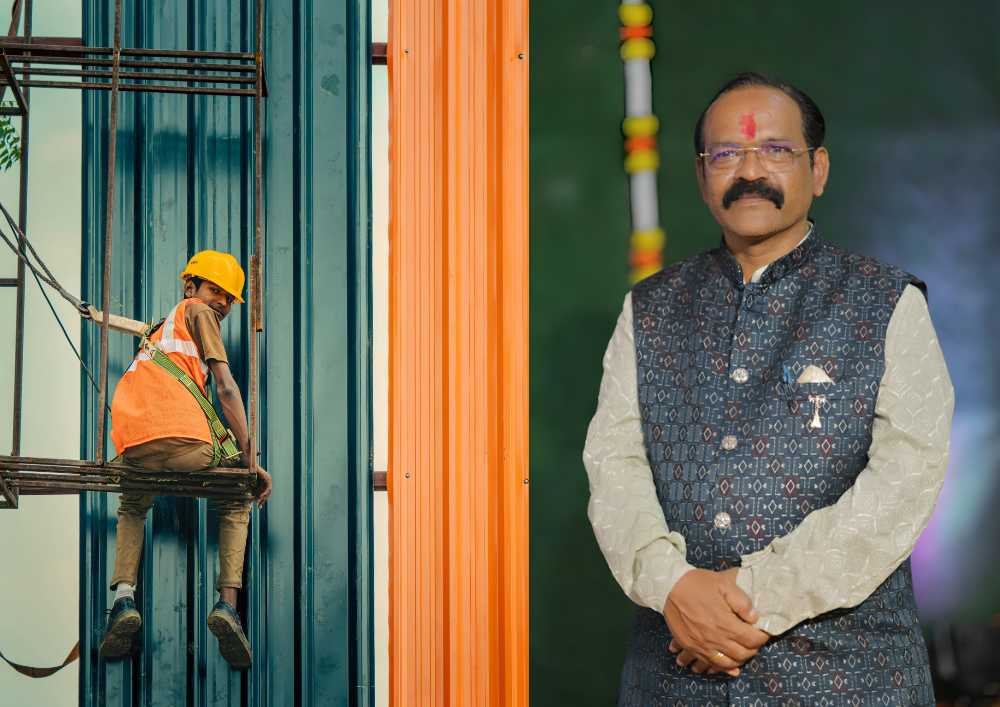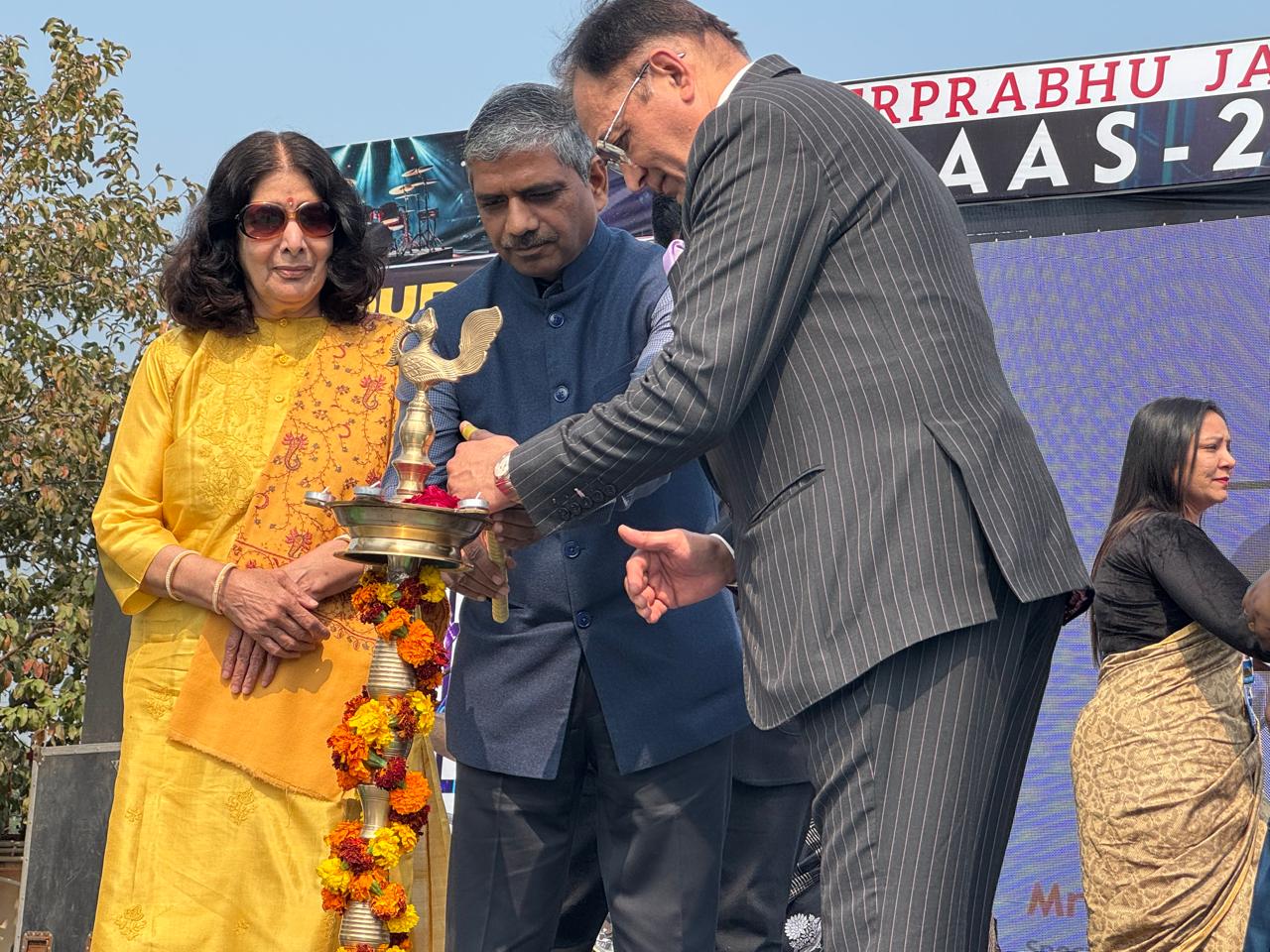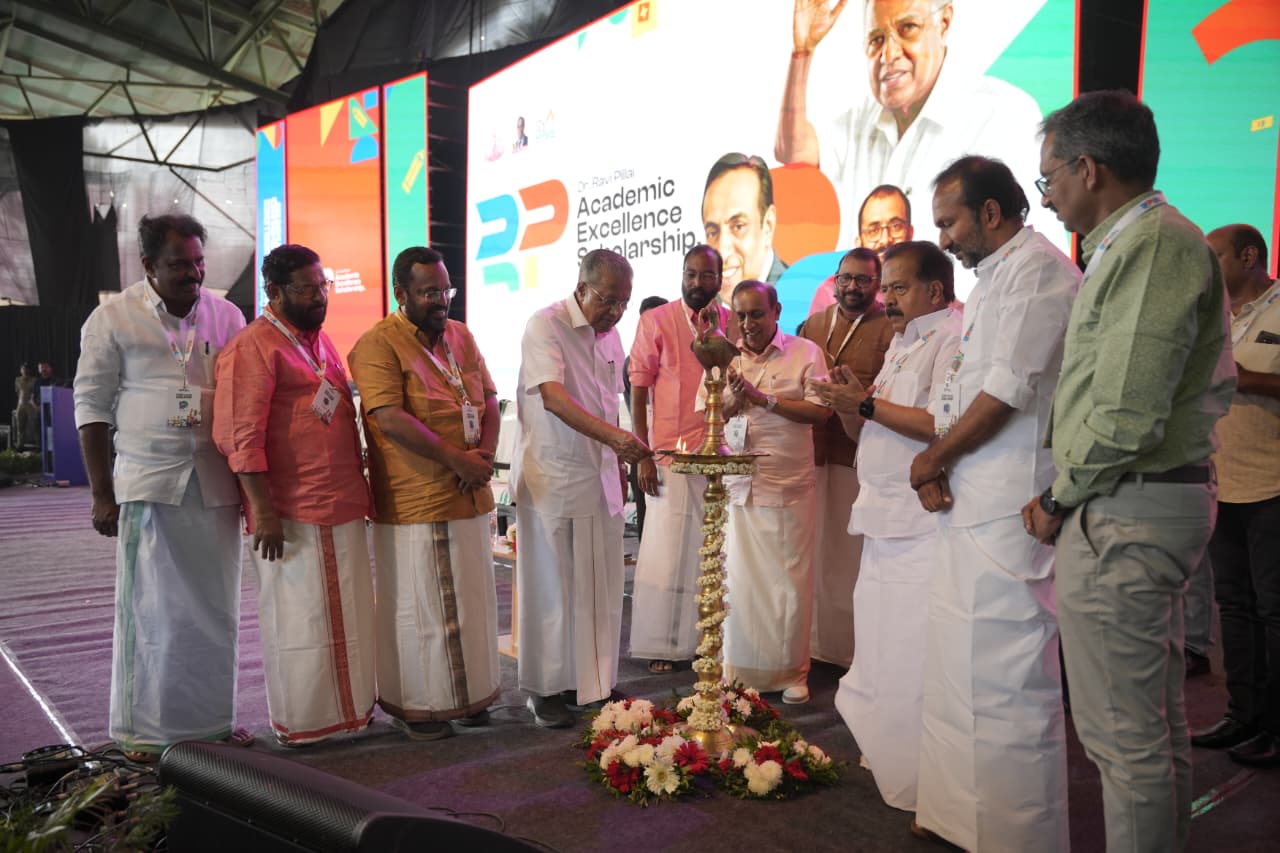By Dr. Bhalchandra Shivaji Gaikwad
Chhatrapati Sambhajinagar: Industrial safety is not just a legal requirement but a moral responsibility shared by everyone working in and managing industrial units. Workers are the focal point in industrial safety, as they play a lion’s share in the production process. Their well-being directly impacts productivity, quality, and the overall functioning of industries.
Safety is not limited to a single day or a symbolic celebration. It is a continuous operation — 24 hours a day, 365 days a year. Over the past few years, there has been a noticeable reduction in industrial accidents. However, the fact remains that 85 percent of accidents are caused by wrong actions, while only 15 percent result from unsafe conditions. This statistic highlights the urgent need for greater awareness, training, and strict adherence to safety procedures at all levels of the workplace.
Impact of Industrial Accidents
Accidents do not merely disrupt production; they have far-reaching consequences. They cause financial loss, disability to workers, and in severe cases, loss of life. Additionally, many accidents lead to fires, chemical and gas leaks, or explosions, which can damage national property, harm the environment, and cause serious public health concerns.
Behind every accident is a human story — a family affected, a livelihood disrupted, and a community impacted. Industrial accidents often leave workers and their families in distress, both emotionally and financially. Therefore, preventing accidents is not just about protecting assets; it’s about protecting lives and ensuring dignity and security for workers.
Collective Responsibility for Safety
Safety cannot be achieved by management alone. It requires joint efforts by management, workers, workers’ representatives, and labor organizations. Everyone must actively participate in building a safe and sustainable workplace. Continuous training, safety audits, hazard assessments, and emergency preparedness should be integral parts of daily operations.
During the celebration of National Safety Week, it is vital to reflect on these shared responsibilities. Such occasions remind us to recommit ourselves to workplace safety and strengthen a culture where safety comes first, always.
Ensuring Safety in Factories
Factories must give priority to:
- Safety of machines
- Safety of raw materials
- Safety of finished goods
- Electrical safety
- Safety of workers
To prevent accidents, the safe handling of equipment is essential. Providing safety gear alone is not enough — it must be used consistently and correctly. Workers should be equipped with:
- Helmets and safety shoes
- Rubber boots and gloves
- Goggles and welding glasses
- Masks and breathing apparatus
- Safety belts and protective clothing
- Gas detectors, air leakage protection systems, and fire extinguishers
When safety becomes a habit, accidents become rare.
A Culture of Safety is a Culture of Progress
True industrial progress is measured not just by production numbers but also by the well-being of workers. A strong safety culture builds trust, improves morale, and enhances productivity. As National Safety Week is observed, let us pledge to make safety a way of life, not just an annual event.
Accidents are preventable — and through awareness, responsibility, and collective action, we can build safer, stronger industries for tomorrow.











